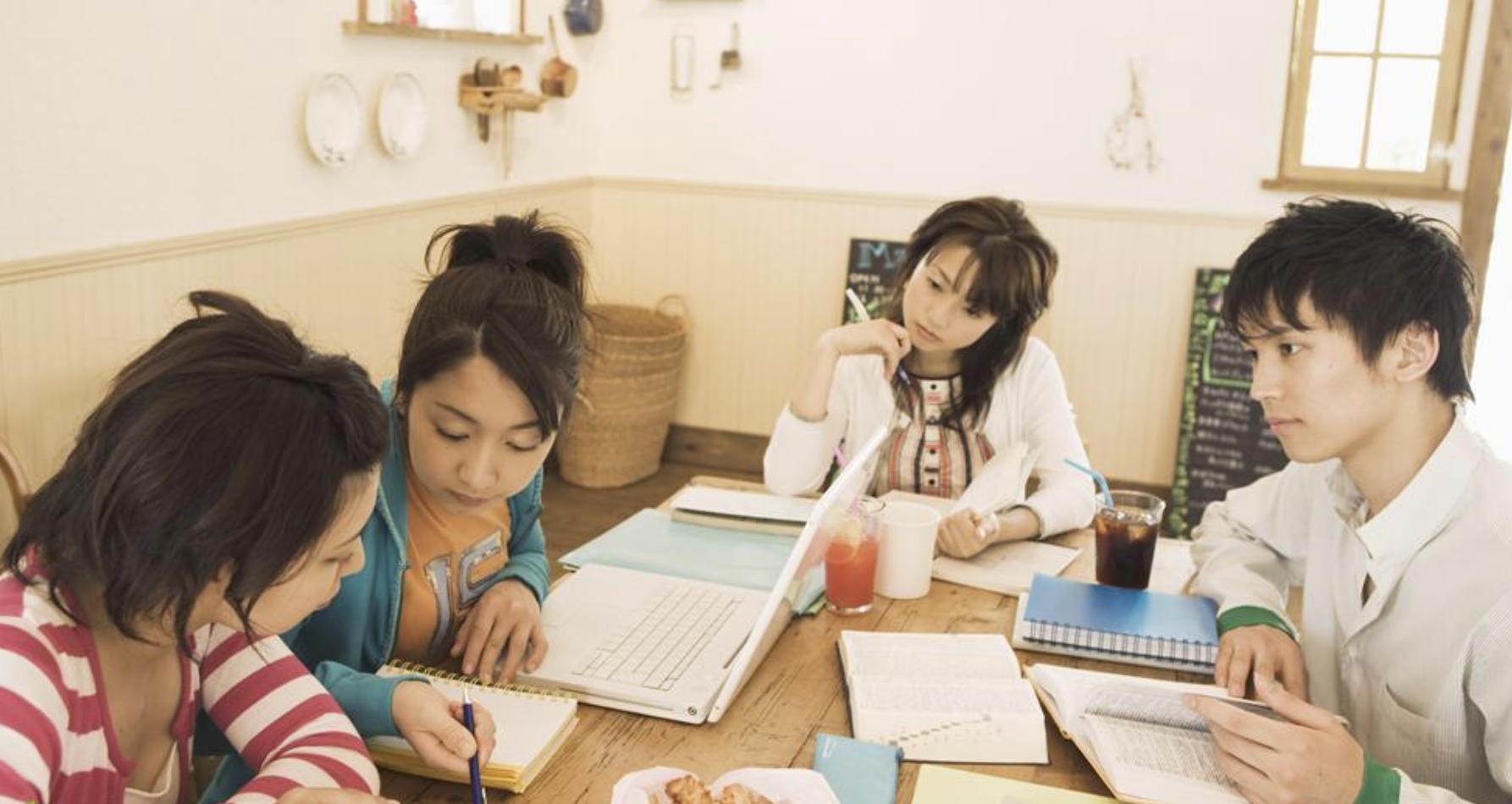
During the Covid-19 pandemic, Singapore Schools from all levels were closed for 2 months and online learning was made the alternative to help students keep up with their classes while at home. These changes caused a lot of time lost for schools to keep up with their curriculum, disabling students from learning key topics that would be included in their national exams.
Fortunately, both the SEAB and the MOE recognised the problems caused by these disruptions and have announced that they will be removing the last topic from all syllabuses that are included in the national examinations for this year.
This ensures that students won’t be tested in topics they were not able to cover during the school year. Many refer to these removed topics as the Common Last Topic (CLT) and while they won’t be included in the exams, it will still be taught to students and they won’t be tested separately for them.

Important Things to Note
It is important to take note that the CLT exceptions will only be applied to this year’s graduating classes or those taking SEAB’s A, N or O Levels or the PSLE exams this year. Those who will be graduating in 2021 and in the next coming years will be tested on the full curriculum when they take their PSLE or A, N or O Levels.
Here is a brief list of the Common Last Topics removed from the 2020 National Exams down below. Please take note that a comprehensive list is located at the official website of the SEAB for each national exam.
PSLE
Math
- Primary 6 – Solid Figures, Volume, Speed, Pie Charts, Nets
Science
- Interactions within the Environment
N Level
Humanities
- Different responses to tensions arising from some economic impacts of globalisation
- Economic impacts on countries, companies and individuals
History
- Reasons for the end of the Cold war
- Glasnost
- Perestroika
Math
- Properties of circles
Geography
- How can the problem of food shortage be addressed?
Additional Math
- Differentiation and integration: Definite integral as area under a curve, Evaluation of definite integrals, Finding the area of a region bounded by a curve and line(s) (excluding area of regions below the x-axis and area of a region between two curves)
Physics
- Practical Electricity
Chemistry
- Organic Chemistry
- Fuels and crude oil
- Alkanes
- Alkenes
Biology
- Reproduction
- Asexual reproduction
- Sexual reproduction in plants
- Sexual reproduction in humans
- Sexually transmitted diseases
Food and Nutrition
- Food Labels
Design and Technology
- Students will be given a choice which one of the two highlighted Technology areas (mechanisms and electronics) they want to take in. In this case, they must answer Question 1 and pick another question, either Question 2 or 3
Principle of Accounts
- Correction of Errors
- Limitations of Trial Balance as an absolute proof of accuracy
- Errors not revealed by a Trial Balance and their examples
O Level
History
- Unit 3: Bi-Polarity and the Cold War – Reasons for the end of the Cold War
- Unit 4: Decolonization and Emergence of Nation States:
- For students studying case study of Vietnam: Reunification and establishment of independent Communist Vietnam, 1975
- For students studying case study of Indonesia: Establishment of Independent Indonesia, 1949
Elective History
- Unit 2 – Bi-Polarity and the Cold War – Reasons for the End of the Cold War
Geography
- Topic 6 Health and Diseases – How can we manage the current and future spread of infectious diseases? Are we more vulnerable than before?
Elective Geography
- Topic 4: Food Resources – What are the trends and challenges in the production of food crops? Is technology a panacea for food shortage?
Social studies
- Issue 3: Being Part of a Globalised World – How do we respond to tensions arising from some security impacts of globalisation?
A Math
- Proofs in Plane Geometry
E Math
- Vectors in two dimensions
Physics
- Electromagnetic Induction
Chemistry
- Organic Chemistry
Biology
- Organisms and their Environment
Science (Physics)
- Magnetism and Electromagnetism
Science (Chemistry)
- Organic Chemistry
Science (Biology)
- Organisms and their Environment
A level
H1 Geography
- Topic 2.2 Liveability in Cities – Issues Affecting Liveability – Crowding and fear in the city
H2 Geography
- Topic 3.2 Sustainable Urban Development – Needs of different social groups in the city – Elderly, Youths, Disabled and Migrants and Responding to environment hazards – Pluvial floods in cities
H1 History
- Theme III The Cold War and the United Nations, 1945-2000. Case Studies of Lebanon (1978-1985) and Kosovo (1999)
H2 History
- Theme III Safeguarding International Peace and Security – UN Reforms
H1 Economics
- Theme 3.2.3 Macroeconomic policies to improve standard of living – Monetary policy
H2 Economics
- Globalisation and the International Economy
H1 Physics
- Nuclear Physics
H2 Physics
- Nuclear Physics
H1 Chemistry
- Nanomaterials
H2 Chemistry
- Introduction to the Chemistry of Transition Elements
H1 Biology
- Impact of Climate Change
H2 Biology
- Impact of Climate change on Animals and Plants
H1 Mathematics
- Correlation and Linear regression
H2 Further Mathematics
- Non-parametric tests
H2 Mathematics
- Correlation and Linear regression
Will I be affected by the removal of Common Last Topics?
Yes, if you are a graduating student taking PSLE, N Level, O Level or A Level this year. If you are a private candidate taking the mentioned exams, you will be affected as well.
Pros and Cons on the Removal of CLTs
Many parents and students will overjoy at the removal of CLTs or even think that more CLTs should be removed in light of our students missing out classes during the Circuit Breaker. There are actually pros and cons on removal of CLTs and here is why:
Pros
- A portion of topics are removed so that teachers can concentrate on preparing students on those tested exam areas.
- Some of the removed CLTs are really a chunk of information to digest.
- Lesser topics are required for revision hence it may seem lesser stress or required lesser effort. In fact, in reality has a positive placebo effect on the students.
Cons
- Missing out on education in which other batches (a year before and a year after) would or will have learned them.
- Examiners may set more and in-depth questions on those topics that are tested instead of having more area to spread out the questions.
- The removed CLTs may be covered again in later years when the students moved on to higher education levels.
Of course to prevent the cons from happening, students can go through the skipped topics in their own time after the exams. Parents can set their own quizzes to assure that your child has understand that particular topic.
Does it means changes to my Exam Revision Strategy?
Yes, it does. In fact, we would encourage to concentrate in-depth on those topics that are going to be tested. For example, in Math, you may encounter more trick questions in those tested areas. Remember that weightage on the topics will spread out differently as well.
Understanding this change will help you to plan out your revision strategy and here are our strategy tips:
Reallocation of Study Time
This is an advantage to be used wisely. You can channel your time now to other topics and try to master them instead of just understanding the concepts.
Pit Against Your Fellow Classmates
National exams are graded upon a bell curve among those who are taking the same papers. So what is affecting you is also affecting your fellow schoolmates across the country. If you need to have an upper hand in your weak subjects, it is wise to seek help from a professional tutor.
Don’t Completely Ignore The CTLs
While the topics may not be assessed, it does not means it won’t appear in other questions as a form of extension of the tested topic. For example, in A Levels H2 Chemical has Introduction to the Chemistry of Transition Elements removed but it is actually a combination of all the concepts from other topics.
Have faith in yourself
Changes are inevitable. This crazy year is all about adapting to drastic changes, from home based lessons to wearing masks in class to not high-fiving your friends in school.
The winner is the one who can manipulate the changes into his advantage. So instead of worrying and putting negative thoughts, look towards positivity and have some faith in yourself.
Conclusion
If your child is slated to take one of these national exams this year, it is important that they review the right exam topics to maximise their review time. If they review even the topics that won’t be included in the exam, it would only disable them from preparing properly.
Take the time to check what CLTs will be removed in your child’s exams and guide them accordingly in their new review strategy to respond to these changes. Give them the right resources for review and if they plan to use past exam papers, make sure that they only use it as reference and not use it judiciously to practice.
If you need some help, reach out to tutors or to your child’s teachers who can give them an updated syllabus to follow to help with their exam review.
Once your child is done taking their exams, you can have them look at the topics that were not included in the exams because it will be useful once they go back to school. We wish your child good luck in their coming examinations!
To keep yourself updated on syllabus changes, here are some related articles:
Taking the AEIS? Don’t Miss These AEIS Syllabus Tips
MOE Reduce More than A Third of GCE Coursework Assessment Tasks

